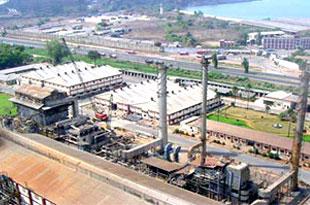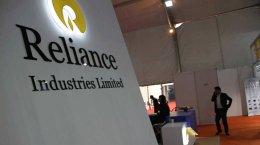The new fiscal started on a positive note with industrial activity recording 3.4 per cent growth, the fastest pace since March 2013. This was led by a double-digit rise in electricity generation and a strong rebound in capital goods production, seen as a lead indicator of industrial activity.
The indices of industrial production for the mining, manufacturing and electricity sectors grew 1.2 per cent, 2.6 per cent and 11.9 per cent in April, respectively. The cumulative growth in the three sectors during April-March 2013-14 over the corresponding period of 2012-13 has been (-) 0.6 per cent, (-) 0.8 per cent and 6.1 per cent, respectively.
The overall index of industrial production (IIP) had declined 0.1 per cent during April-March 2013-14 over FY13. The first month of the new fiscal shows some momentum building up in economic revival. However, this was one month ahead of the general elections which threw up the stablest government in decades. Election surveys had previously suggested a decisive result, which would have led companies to pump up activity.
In terms of industries, 14 of the 22 industry groups in the manufacturing sector have shown positive growth during April 2014 compared with the corresponding month of the previous year.
The industry group electrical machinery and apparatus grew the fastest (66 per cent), followed by machinery & equipment and tobacco products. On the other hand, the industry group radio, TV and communication equipment & apparatus recorded the highest negative growth of (-) 31.6 per cent, followed by wearing apparel; dressing and dyeing of fur and motor vehicles, trailers & semi-trailers.
As per use-based classification, the growth was fastest for capital goods (15.7 per cent), followed by basic goods (6.8 per cent) and intermediate goods (4.4 per cent).
The consumer goods basket, however, was in the negative zone, declining 5.1 per cent during the month. Consumer durables and consumer non-durables sported negative growth of 7.6 per cent and 3.3 per cent, respectively.
Consumer inflation
Meanwhile, the provisional annual inflation rate based for consumer price index (CPI) for May is pegged at 8.28 per cent compared with 8.59 per cent (final) in April 2014.
Consumer inflation is now tracked closely by the central bank in framing the monetary policy. Even as wholesale price inflation has moderated over the past few months the stubborn consumer inflation has restricted the RBI from loosening the monetary policy by cutting rates, which is seen crucial for reviving investments and thereby the economy.
(Edited by Joby Puthuparampil Johnson)






